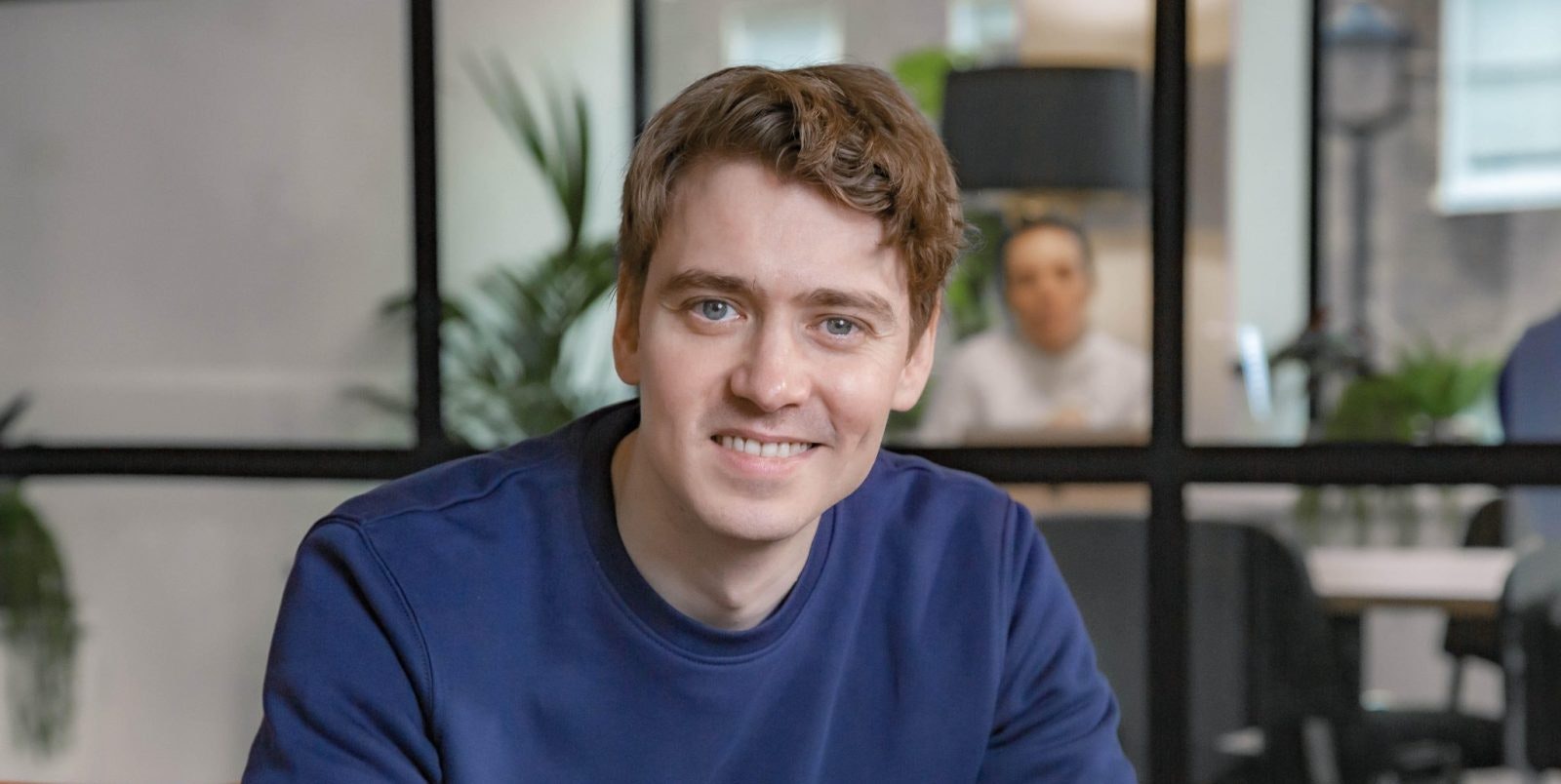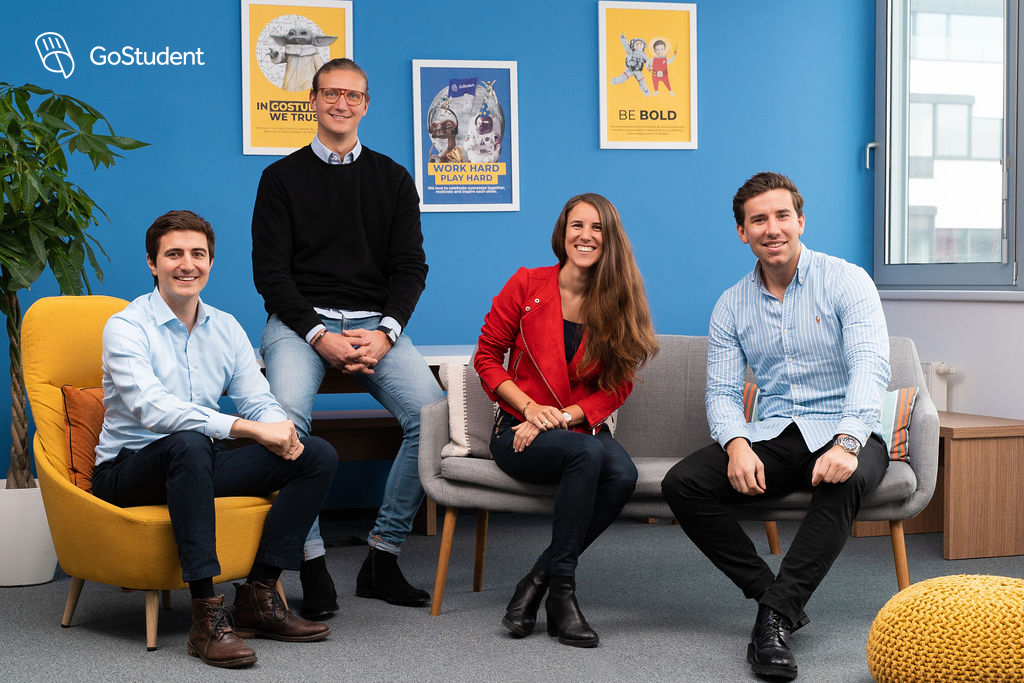European edtech has never gotten much love. Even in 2020, when lockdowns aimed at stopping the spread of Covid-19 meant people were studying at home instead of going outside, European travel startups still raised twice as much money as edtech startups.
Now, the explosion in demand for online education tools is finally translating into investment. Vienna-based GoStudent announced a €205m Series C investment Tuesday, valuing the company at €1.4bn ($1.6bn) and giving the region its second edtech unicorn in a year. Until June 2020 when Oslo-based Kahoot! reached the unicorn milestone, Europe had no private edtech unicorns.
“Whilst the edtech industry was definitely growing before Covid, the pandemic has certainly acted as an accelerator for both awareness around, and trust [in], online solutions,” says GoStudent’s cofounder and CEO Felix Ohswald.
The company, which provides a one-to-one online tutoring platform, is now working with 5.5k tutors — up from 1k in March 2020. The company is currently active in 15 countries and aims to expand to 20 countries by the end of 2021.
Pandemic impact
Investors and startup builders say that it’s traditionally been hard to scale edtech successes in Europe given the fragmentation of the region’s various education systems. The long sales cycles characteristic of selling to schools can also put off investors. A surge in interest in digital tech tools to enable students to learn from home has changed all that.
Europe’s other edtech unicorn, Kahoot!, recently listed in its home country of Norway.
Poland-headquartered Brainly — which allows students to ask their peers for help with answering tricky homework questions — raised an $80m Series D in December 2020 after growing its user base to 350m in 2020 from 150m in 2019 amid pandemic-fuelled demand.
GoStudent’s Ohswald says that the pandemic also made fundraising from Vienna easier.
“Most investors would expect to meet company founders and the management team in person, which involved a lot of time-consuming travelling. This has completely changed during the last few months, with many meetings taking place online and, as a result, has accelerated the overall speed of the fundraising process,” he says.
Other recent edtech moves include UK-based Scoodle’s $2m seed round from Google for Startups, IFG and DA One to scale their online tutoring platform. UK textbook subscription service Perlego also recently announced its launch in Germany, Switzerland, Austria and France.
Matching students and tutors
GoStudent’s Ohswald — who has two university-level mathematics degrees and a master's in quantitative finance — says that the idea of GoStudent was born when his younger brother kept referring him to classmates for maths homework help. It was clear there was demand to connect students with great tutors.
GoStudent’s student-tutor matching process is currently done manually by the customer success team based on the student’s learning style, specific needs and interests. The firm tracks the success of pairings to better predict which pairings will be successful in the future and hopes to translate that data into improving the matching process. “This [analysis] will eventually assist in the initial matching process,” says Ohswald.
Ohswald says the company has an “incredibly strict recruitment policy” for tutors that includes degree requirements, an exam in their area of specialty, a pedagogical assessment and a 1:1 interview.


